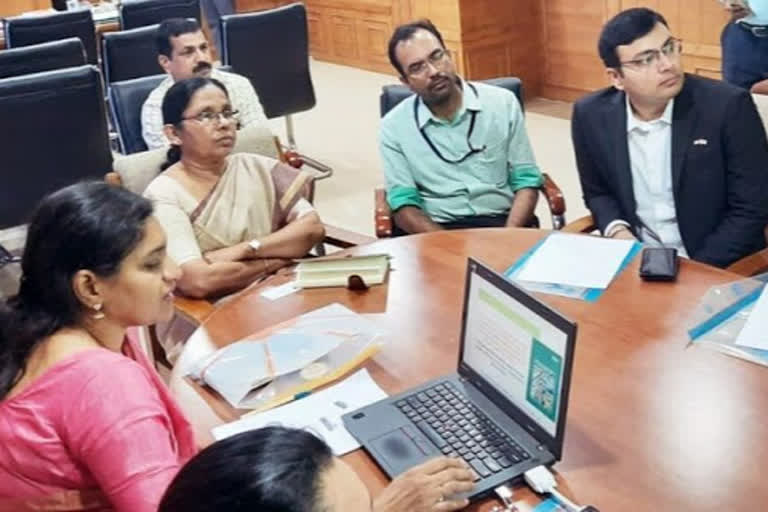Hyderabad: It took just 64 days for the first one hundred coronavirus cases to rise to over one lakh domestically! India has been doing well compared to countries like US Italy, UK, France, Germany and Spain. But, after relaxation to lockdowns, fears are being expressed that COVID may spread dangerously as time passes. Niti Aayog says that 70 per cent of the cases in India are reported in 19 districts.
We are doing better compared to America, Spain, France in controlling the coronavirus spread. India's mortality rate and the recovery rate are good indicators. The Corona epidemic has posed a number of challenges to the indigenous medical healthcare sector, which is well known for its compromising functioning and accessibility.
The Centre has announced that it will invest in setting up more health centres in rural and urban areas to cope with such disasters. The Finance Minister's package includes the creation of special blocks in all district hospitals for the treatment of epidemics, and surveillance of their spread from grassroots level through the establishment of diagnostic testing centres in 7,096 blocks in 736 districts across the country.
Though the centre assures that 'Ayushman Bharat' will cover the healthcare of the marginalised communities, the coronavirus crisis underlines the need to tighten up the medical and health sectors with comprehensive reforms. The National Health Policy of 2017 suggests that the health sector is in a state of disrepair with an allocation of just 1.6 per cent of GDP, and there is a strong need to raise it to 2.5 per cent by 2025.
The adage 'health is wealth' is known to the public at large, but since the governments failure to uphold this basic truth and ensure the required healthcare facilities, crores of people are drifting into poverty unable to bear the high medical expenses rising every year! India, which is facing a shortage of lakhs of doctors and nurses, ranks 145th out of 195 countries on the basis of the quality of service and quality of healthcare. While Rs.30,000 crores are required for the proper functioning of health centres to provide comprehensive medical services to the villagers, the budget provision is Rs 1,350 Crores!
Against this backdrop, a panel of experts appointed by the 15th Finance Commission suggested setting up three to five thousand 200-bed small private hospitals in Tier-2 and Tier-3 cities over the next five years. It also has suggested that two-thirds of the health budget must be diverted to primary healthcare services. On the other hand, since even one-third of the country's population does not have health insurance coverage, the Niti Ayog has suggested the American model reduce their healthcare burden.
The suggestion that....in order to save the health sector which is like a sinking boat, the public-private partnership is the best alternative and that the district hospitals should be brought under the control of private agencies in order to boost the health sector....is also inviting criticism. Britain's National Health Service (NHS) ensures uniform improved health care for the common man and the country's prime minister alike. The Kerala model of the healthcare system is a leading example of an ideal healthcare system for the rest of India. By strengthening hospitals to the lowest level, and achieving coordination between different sections, it is able to control a big challenge like COVID menace. Such a model can unveil a healthy India before us!



